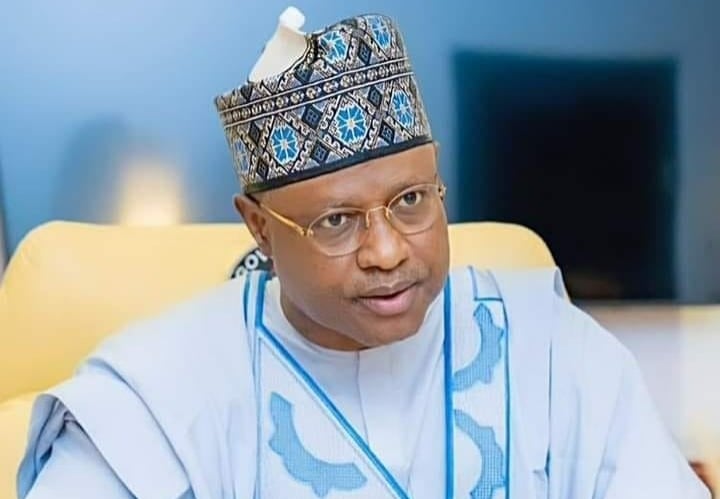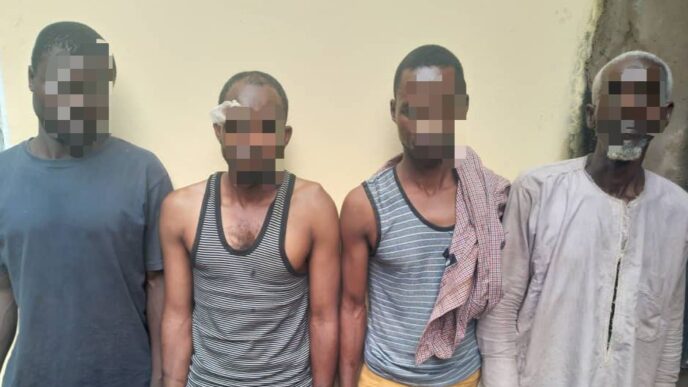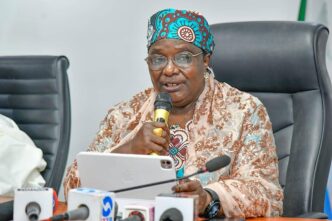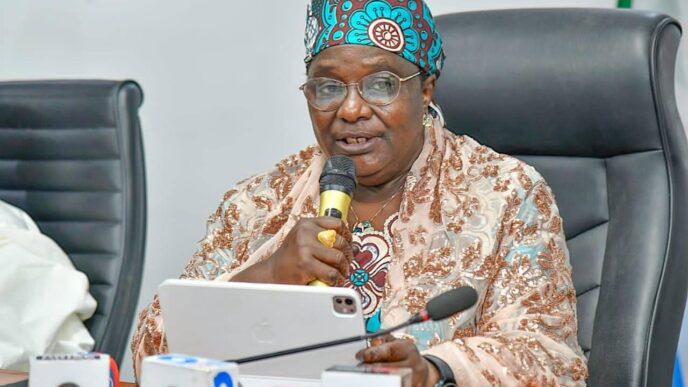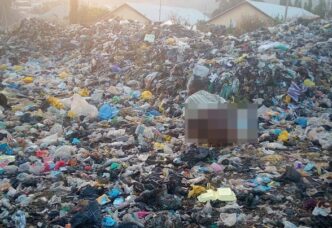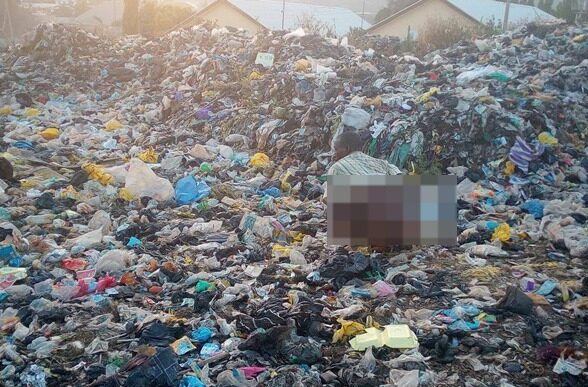The Northern Christian Youth Professionals (NCYP) says Uba Sani, governor of Kaduna, should avoid committing mistakes made by his predecessor Nasir el-Rufai while signing agreements with foreign organisations on behalf of the state.
In a statement on Tuesday, Isaac Abrak, the NCYP chairman, commended the governor for signing a memorandum of understanding (MoU) with Huawei, a Chinese technology company, to advance the smart city project in the state.
Abrak described the agreement as a significant achievement that could “boost the state’s ICT sector and create new opportunities for its youth”.
He also urged the governor to ensure that the project is “fully and effectively” implemented.
Advertisement
He referenced El-Rufai’s administration, which secured a $350 million World Bank loan for basic education development that “ultimately failed to achieve its intended goals”.
The NCYP chairman added that “the misuse of the loan” left the state with “the burden of repaying a debt that did not yield the promised benefits”.
“We urge the government to avoid a repeat of past experiences, such as those under the previous administration led by Governor Nasir El-Rufai, which took a World Bank loan of $350 million for the development of basic education,” he said.
Advertisement
“Unfortunately, the purpose of this loan was not fulfilled as intended, and today, the people of Kaduna State are burdened with repaying a loan that did not yield the expected benefits.
“We are confident in the leadership of the current governor, whose policies and programmes have demonstrated a genuine commitment to improving the living conditions of all residents of Kaduna state.”
Abrak also called on the governor’s team involved in the Huawei deal to ensure the project meets its objectives.
He highlighted the seizure of Nigerian assets abroad due to a failed business agreement between the Ogun state government and a Chinese firm.
Advertisement
“We appeal to the governor’s team, especially those involved in the Huawei deal, to ensure that the project meets its objectives: enhancing the security of life and property, improving efficiency and transparency in public services, and attracting talent and investment to the state,” he said.
“We must also learn from similar past experiences involving international business dealings.
“A cautionary example is the ongoing seizure of Nigerian assets abroad by Zhongshan Fucheng Industrial Investment Limited, a Chinese firm, due to a business agreement with the Ogun state government signed in 2007.
“The contract, which involved the construction of a park and factory in the Ogun State Free Trade Zone, ended in a dispute that has now cost Nigeria $70 million in compensation. These are important lessons for both federal and state governments.
Advertisement
“We must be vigilant to prevent similar situations that could damage Nigeria’s reputation and place undue financial burdens on our people.
“We believe that with careful planning, transparency, and accountability, the Smart City Project in Kaduna State can be a model for success and a source of pride for all Nigerians.”
Advertisement
Add a comment
